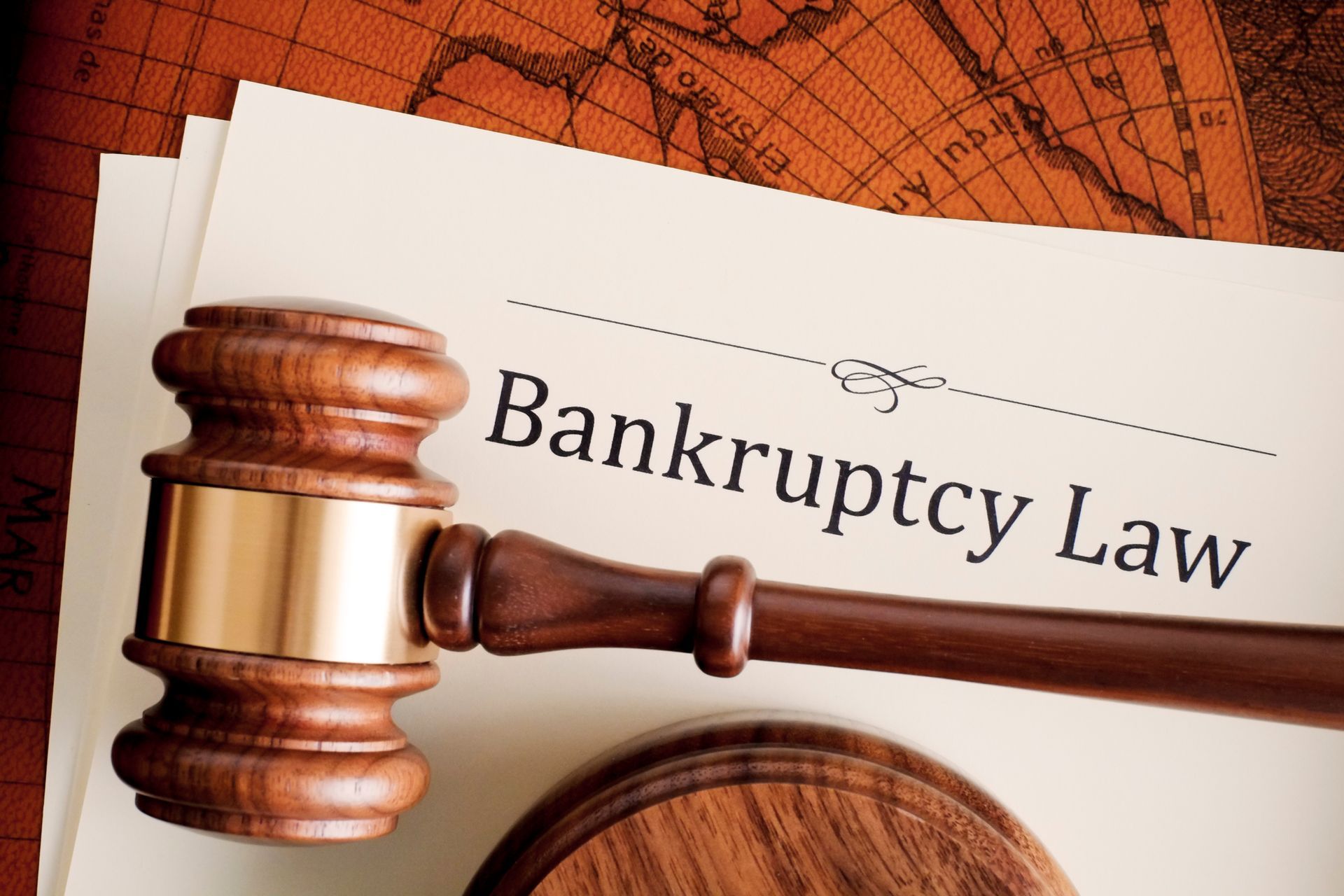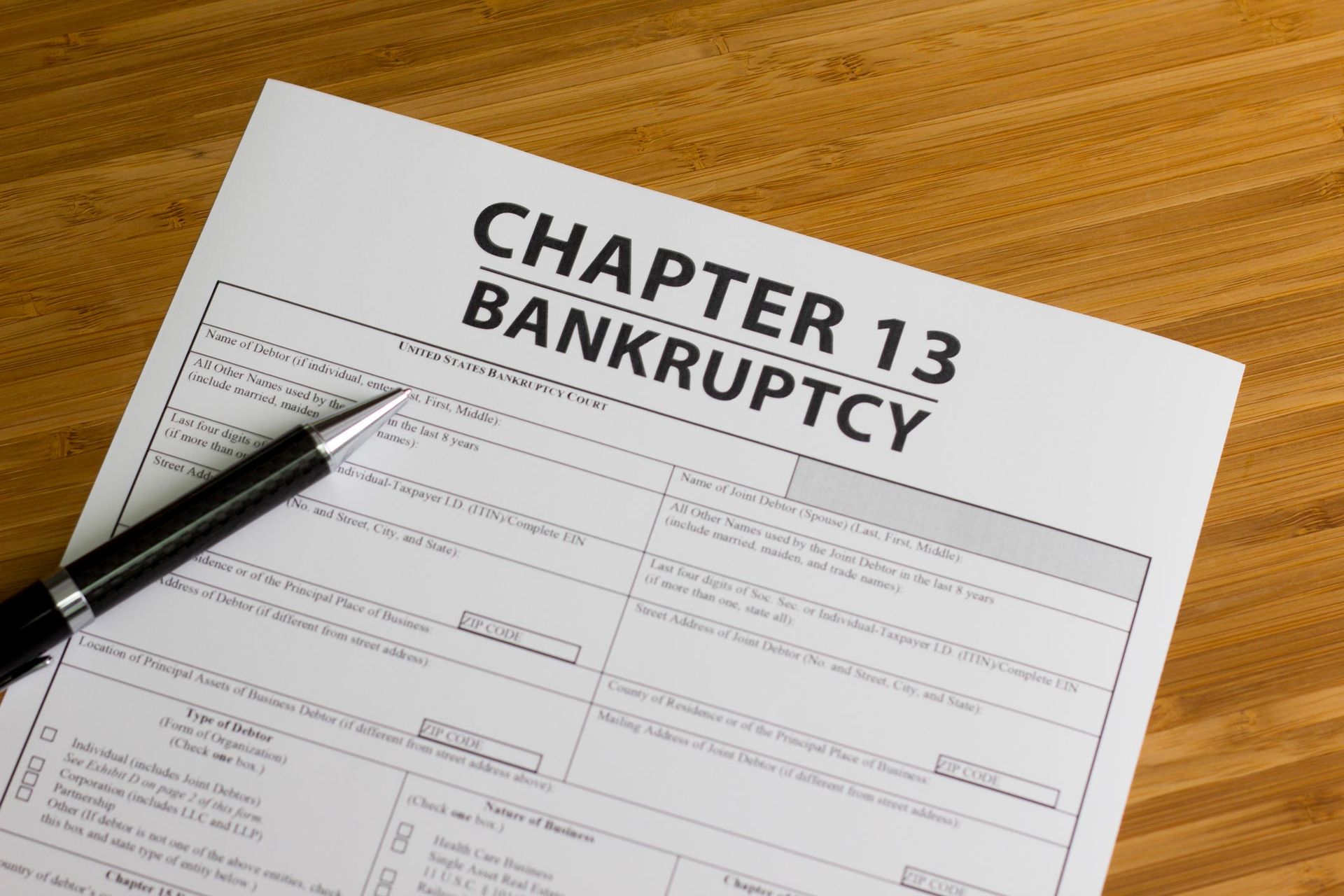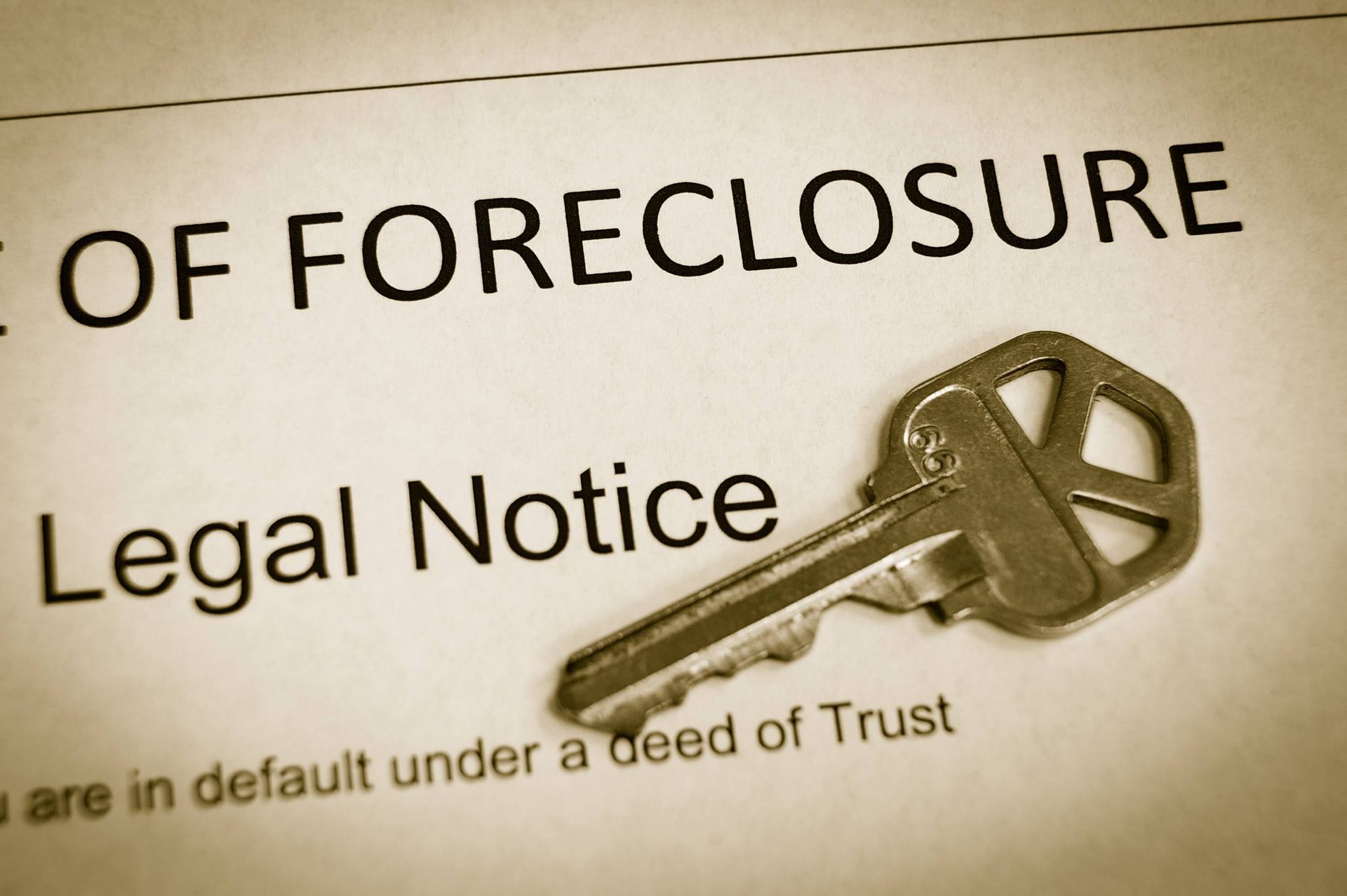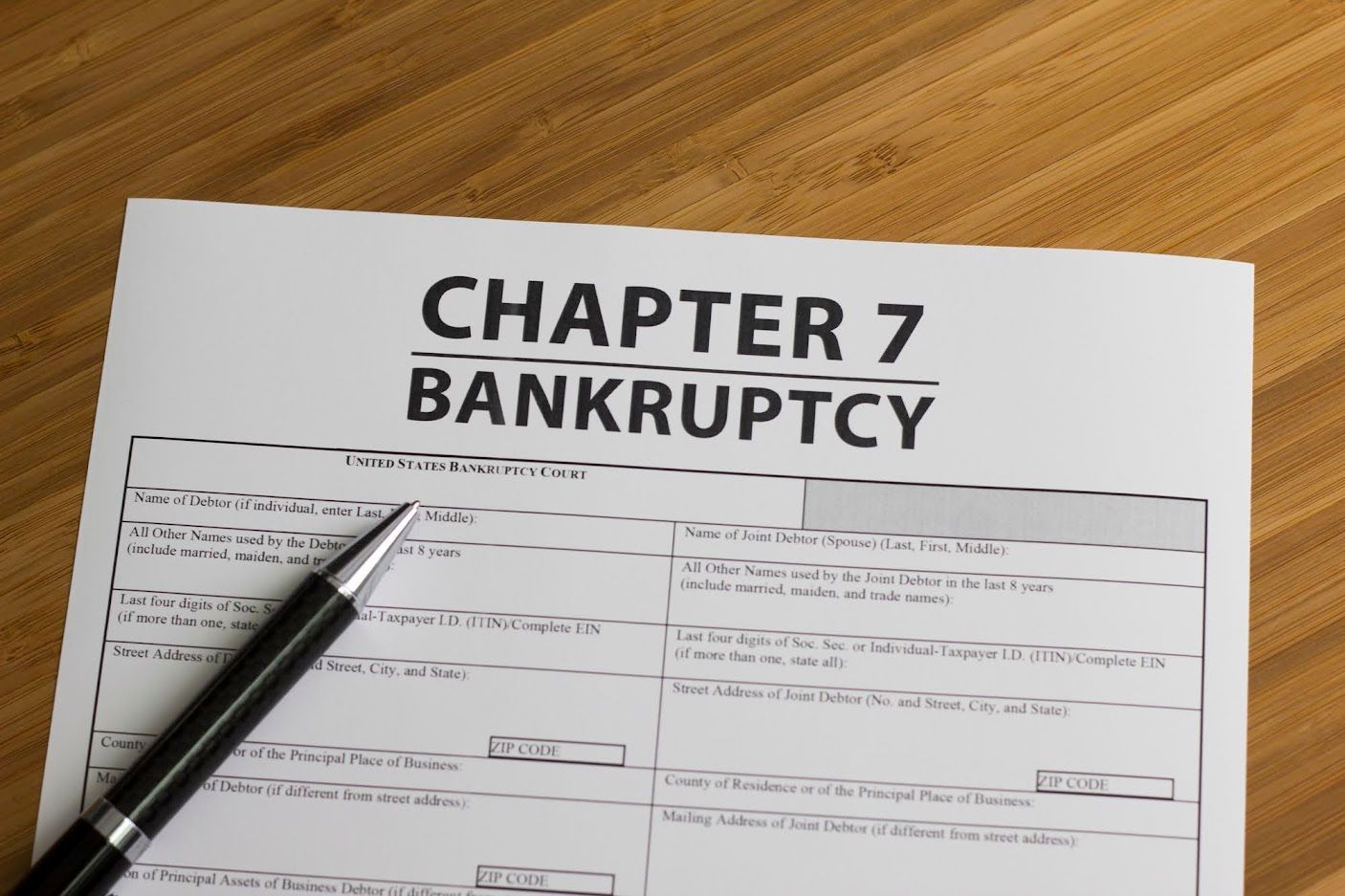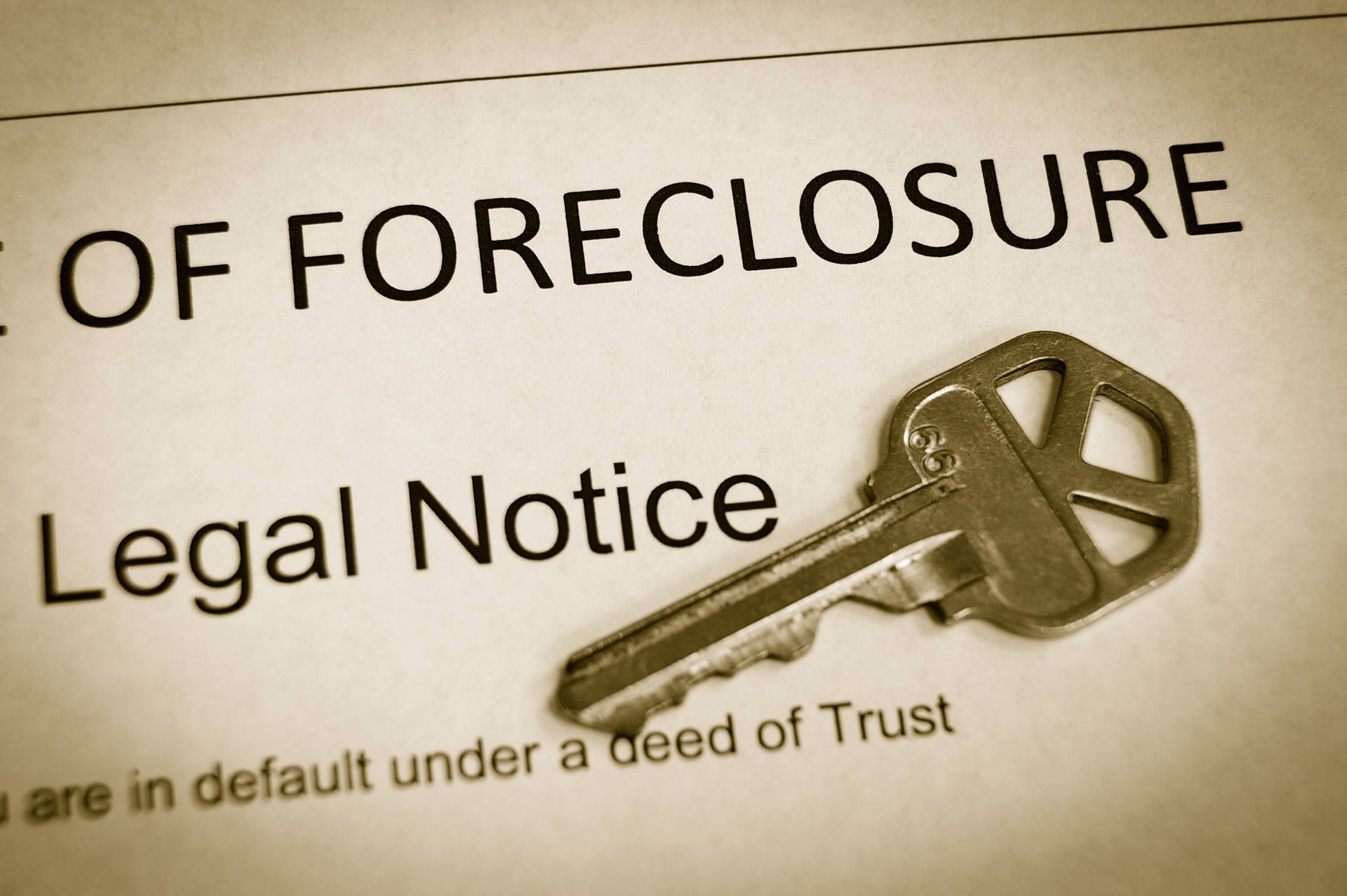
Same Day Telephone, Zoom or In-Person Meetings Available
Palm Beach County: (561) 689-6789
St. Lucie County: (772) 344-9090
The Things You Should Know before Filing for Bankruptcy
If you are facing large medical expenses, are recently divorced, or have lost your job, you might want to file bankruptcy to alleviate your financial burden. However, despite the relief it can provide, filing for bankruptcy is not always the only option for all situations. You should only proceed to file for bankruptcy after carefully weighing its benefits and potential drawbacks.
Read on to learn some things you should know before filing for bankruptcy.
You Can Try Alternatives First
Though bankruptcy offers relief from accumulating debts, it should be a last resort after exhausting all other possible alternatives. For example, before you file for bankruptcy, you can try negotiating a loan restructuring with your creditors. Some creditors may accept longer payment periods, which can significantly reduce your monthly payments.
For long-term loans like mortgages, some lenders can accept postponing your payments for an agreed period or modify your loan to relieve your burden. All these options take less time and cost you nothing.
You can Choose Chapter 7 or Chapter 13 Bankruptcy
The type of bankruptcy that is best for you may vary depending on your situation. While bankruptcy options are wide, individuals can only file a Chapter 7 or 13 bankruptcy. While Chapter 7 bankruptcy liquidates your assets to pay your creditors, you'll retain your assets if you file for a Chapter 13 bankruptcy.
So, if you file for a Chapter 7 bankruptcy, the bankruptcy trustee appointed by the bankruptcy court sells all your non-exempt assets and distributes the money to your creditors. These assets include any other property apart from your primary residence, investment accounts, recreational assets like cars, boats, bikes, and high-value items like watches or other jewelry.
Therefore, you keep some assets like your home, car (if you have one), clothing, tools for your job, and pension. Also, if your Chapter 7 bankruptcy case is successful, you will no longer be obligated to pay the debts discharged through the process. However, some debts, like student loans and taxes, are not dischargeable. Only go for Chapter 7 bankruptcy if you have little or no assets.
On the other hand, Chapter 13 bankruptcy allows you to retain your assets, but you have to pay your debts within a specified period. Therefore, you must have a regular source of income to qualify for Chapter 13 bankruptcy.
You Should Be Honest When Filing for Bankruptcy
If you transfer your property to others or get more loans before filing for bankruptcy, your creditors will challenge your eligibility for bankruptcy discharge. The court also views spending sprees in the 90 days before filing for bankruptcy as potential fraud. This suspicion by the court could harm your bankruptcy process or even lead to hefty penalties.
Also, if you fail to disclose property transfers before filing for bankruptcy, the court could consider your actions a bankruptcy fraud, leading to the dismissal of your case. Bankruptcy fraud is also a federal felony that carries significant consequences like a penalty or a jail term.
Your Financial Situation Will Be Made Public
If you file for bankruptcy, all the information you submit is available to the public. Therefore, anyone interested in your case can access your personal financial information, from your income to debts and assets. So, before you file for bankruptcy, be ready to share your financial matters publicly.
Like any other case, filing for bankruptcy requires preparation and good knowledge of the process. The information above will help determine if filing for bankruptcy suits your situation. However, hire an experienced bankruptcy attorney to help you through the process for the best results.
At Ozment Law PA, we are committed to helping our clients improve their financial situations and move forward. Contact us today to schedule a free consultation.
Quick Links
Contact Information
Address:
Palm Beach County: 2001 Palm Beach Lakes Blvd Suite 500 West Palm Beach, FL 33409


